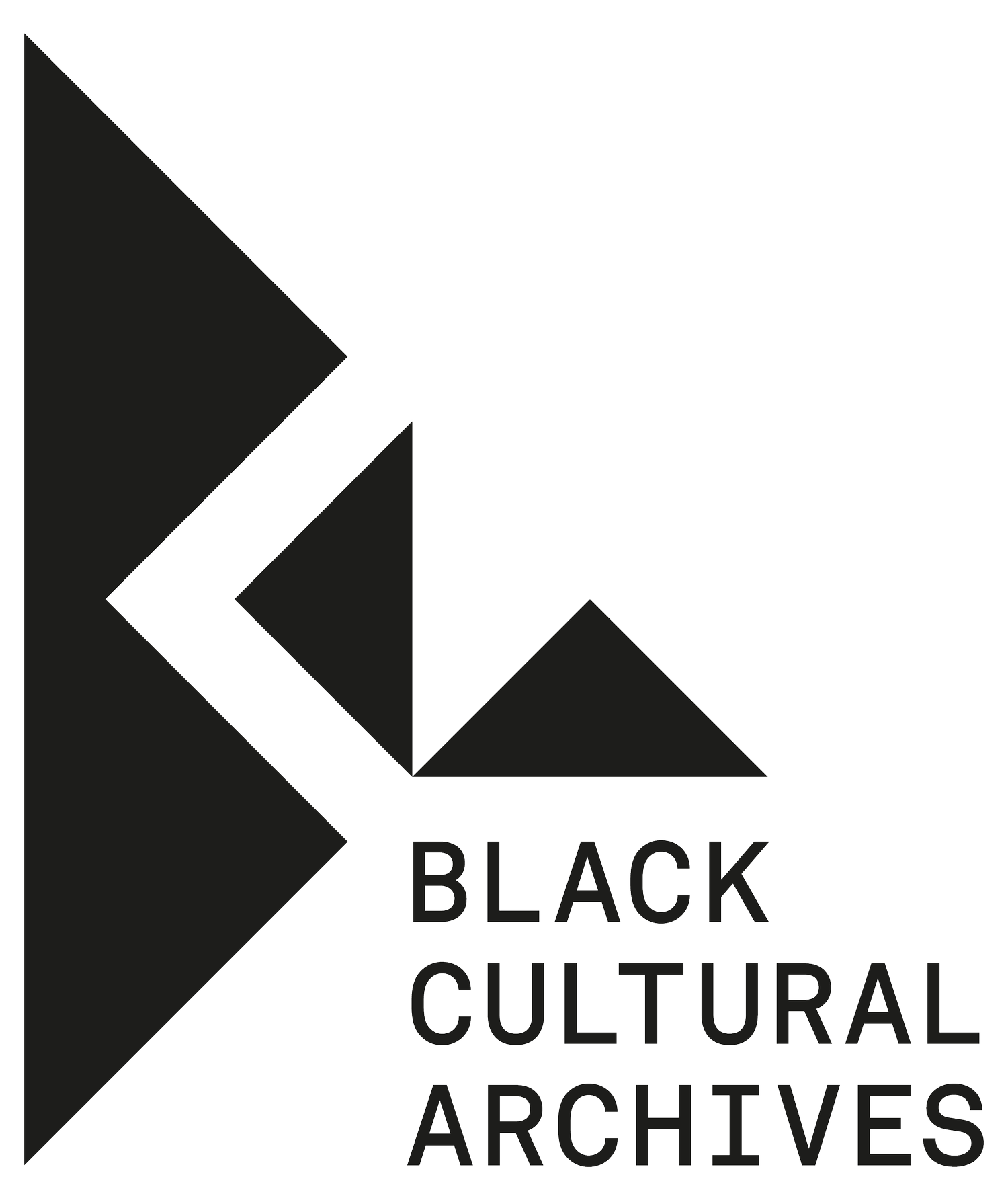Insights from Research on the Jacqueline Creft Memorial Collection and the Grenada Revolution
This blog post introduces a research project on the Grenada Revolution conducted at Black Cultural Archives (BCA) across numerous days in July and August 2023 by researchers from UCL, as well as a public event hosted at BCA in October 2023 (you can read more about this in our other blog post). Two key outputs were produced including a Finding Guide that details the content and context of the Jacqueline Creft Memorial Collection, and a spreadsheet detailing the contents of tape recordings stored in the ‘Radio Free Grenada’ folder. These documents were produced to aid researchers and visitors at BCA navigate the collection. They are detailed below, along with reflections from the researchers about conducting the research.
Tape cassettes stored in the Radio Free Grenada folder of the Jacqueline Creft Memorial Collection (CREFT/1)
Producing the Finding Guide and Radio Free Grenada Spreadsheet
One of the central motivations and intentions behind this research project was to make the collection of materials more accessible to the public. Rather than simply conduct archival research to develop or complement current research produced in the university for discussion by academics and students. The project was also orientated around opening up the Jacqueline Creft Memorial Collection to the public through research-informed practices of cataloguing and recording. Central here was our work on the Radio Free Grenada cassette tapes, a set of physical and now digitised audio recordings of interviews with Grenadian and Caribbean educators, writers, and workers conducted by Chris Searle in Grenada during the revolution. The Radio Free Grenada folder also contains audio recordings of Grenadian Calypso music produced and played on the airwaves in Grenada during the revolution. Calypso was an important mode of social and political expression during the revolution, and lyrics often included messages of support for the revolution or warnings about the threat of US destabilisation.
Although this project took place in summer 2023, it is important that people understand that this collection remains at BCA where the audio recordings and publication are available for researchers and visitors to listen to and look at when visiting the reading room. Several of the interview recordings are also published in copies of the Free West Indian newspaper and the pamphlet ‘"Is Freedom We Making": The New Democracy in Grenada’ produced by Chris Searle and Merle Hodge for the People’s Revolutionary Government of Grenada in 1981.
As part of the project, we also produced a Finding Guide for the collection and other material related to the Grenada Revolution housed at BCA. If you aren’t familiar with the key dates and events of the revolution, or you just want to learn more about it before viewing materials in the archive, you may find the Finding Guide useful.
Photographs from the Jacqueline Creft Memorial Collection in BCA’s Reading Room (2023)
What was it like to conduct research on the Grenada Revolution and the Jacqueline Creft Memorial Collection?
Making the Radio Free Grenada Spread Sheet was more akin to ‘heartwork’ for me than it was research work. Working with Jasmine and Jacob as a co-researcher provided me with the chance to have an intimate engagement with the archival histories and representations of the Grenada Revolution. The Jacqueline Creft Memorial Collection is unique in that is more akin to an audio-visual archive than a traditional or exclusively document-based collection, comprising cassette tapes, newspapers, and recorded oral histories among other material - Nathaniel Télémaque
Working on the Grenada Revolution project was a powerful reminder of the importance of engaging directly with archives. Spending time in the reading room made me fully appreciate BCA as a local resource, as well as the range of materials they house. Engaging with The Jacqueline Creft Memorial Collection allowed me to explore the perspectives and narratives that emerged directly from those at the heart of the Revolution, unfiltered by any other lens. One of my most significant takeaways was the ability to think across and between resources – a real strength of this collection that I encourage others to explore. The collection invites you to listen to the voices and sounds of the revolution from Radio Free Grenada, and pair this with the words and thoughts shared in the Free West Indian newspaper. As you familiarise yourself with these materials, you are also being transported to the Caribbean, guided through Grenada, Carriacou, Belize, and Cuba, to connect the Revolution’s dots. From a research perspective, this also countered the tendency to analyse events in isolation, offering a broader picture that enriched my experience of working with this collection alongside Jacob and Nathaniel - Jasmine Roberts
It has been a pleasure and privilege to work through and document the Jacqueline Creft Memorial Collection at Black Cultural Archives. Revisiting the Grenada Revolution through the newspapers, photographs, and sound recordings stored in the collection offered a unique historical perspective on this important geopolitical event and centred the everyday experiences and contributions of ordinary Grenadians to education programmes, farming co-operatives and other revolutionary practices. We hope the documents we have produced will help and support future visitors and researchers keen to learn more about the Grenada Revolution navigate the collection effectively – Jacob Fairless Nicholson
If you would like to discuss any aspects of this blog post in more detail, we would love to hear from you. Please email Jacob at jacob.fairless.nicholson.14@ucl.ac.uk
By: Nathaniel Télémaque, Jasmine Roberts, and Jacob Fairless Nicholson




